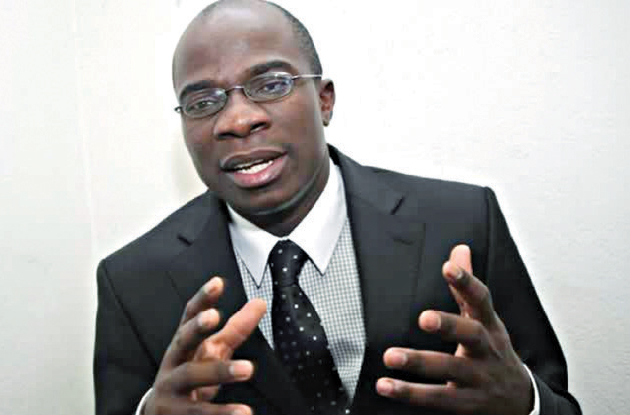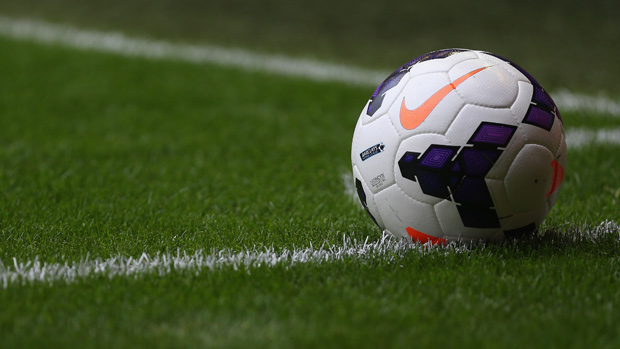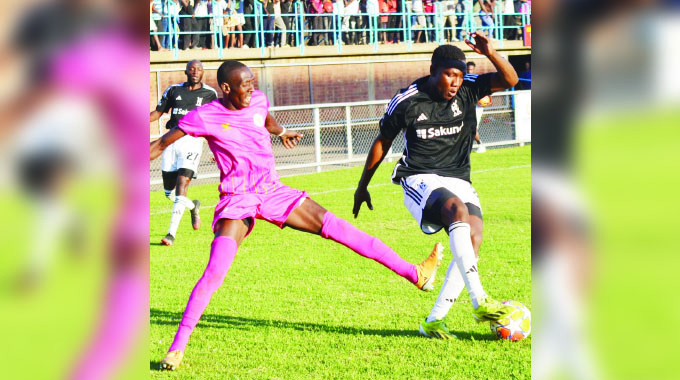$2m budget set for youth games

Sikhumbuzo Moyo
THE rebranded Zimbabwe National Youth Games’ budget has been set at a staggering $2 million due to an increase in the number of athletes and officials that will participate in this year’s competition in Matabeleland North.
This year’s Games will have 22 sport codes compared to the generic eight since their inception in 2003.
The new sport codes are rowing, swimming, rugby, hockey, cricket, pool, chess, darts, gymnastic, weightlifting, martial arts, cycling, table tennis and traditional games. These will be in addition to football, basketball, handball, tennis, volleyball, boxing, athletics and netball.
The additional sport codes will see about 15 000 athletes and officials taking part in the Games, with this figure set to double to 30 000 at next year’s Games to be held in the Midlands.
Briefing Vice-President Phelekezela Mphoko in Umguza district before the official launch of the Community Sports and Recreation Club System at Nyamandlovu Primary School on Friday, Sport and Recreation Minister Makhosini Hlongwane said Treasury might not be able to finance the games alone and appealed for maximum support from stakeholders.
“Our budget is over $2 million in order to successfully host these games and if we request such money from Treasury, it might be hard for us to get, but if we get assistance, especially in terms of food, it will knock down our budget,” said Hlongwane.
“We want to make a big difference; we want Matabeleland North to make a first in terms of sports in this country. We will have more than 12 000 athletes from all over the country made up of universities, colleges, the army and the police,” Hlongwane said.
The Community Sport and Recreation Club System is an attempt by the Government to integrate previously marginalised talent into mainstream sport and recreation activities, in addition to introducing organised sport in previously disadvantaged communities.
In the foreword of the Community Sport and Recreation Club System booklet, Hlongwane said Zimbabwe always struggled on the international sporting arena due to residual colonial structures of sport and recreation, which deliberately excluded a large constituency of talent, especially that situated in rural areas where most talent resides.
“The structural deficiencies of the colonial era led to National Sports Associations failing to decentralise their operations to provincial, district as well as community levels, making sport and recreation a domain of the elite only residing in cities and towns.
“This policy document seeks to address those structural deficiencies and weaknesses and therefore is the genesis of a process of fully integrating rural and other communities into mainstream sport in Zimbabwe,” said Hlongwane.
@skhumoyo2000










Comments